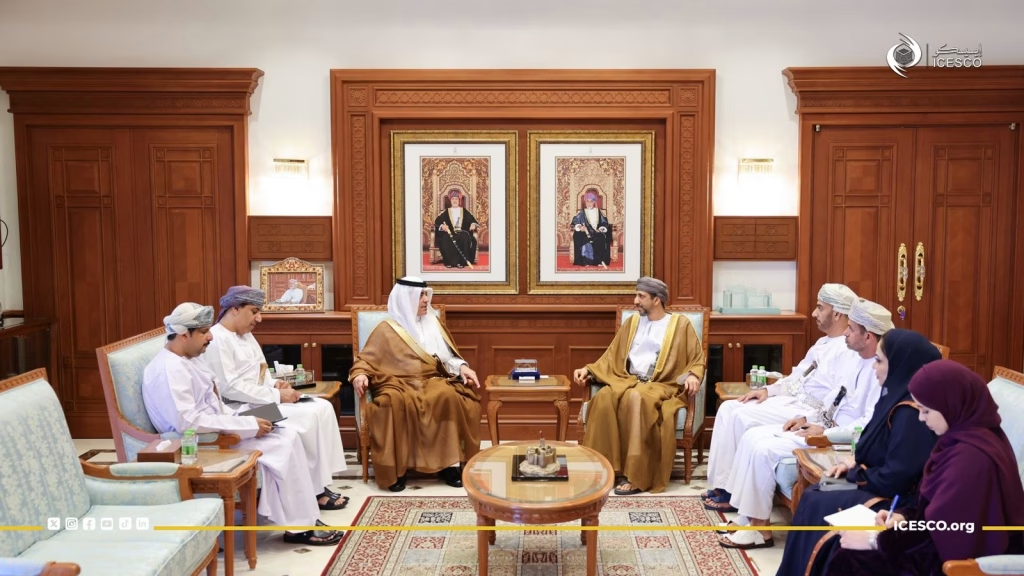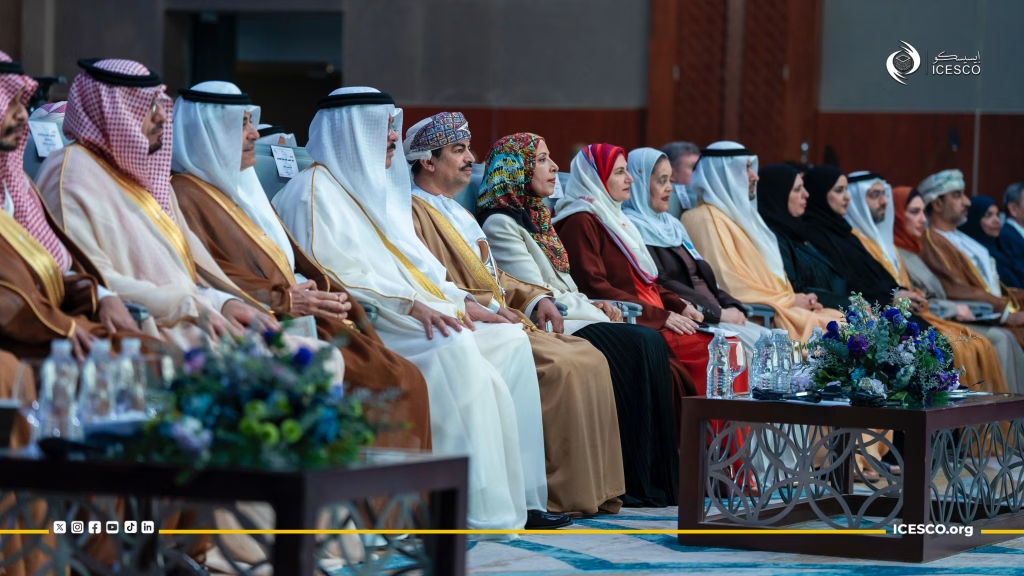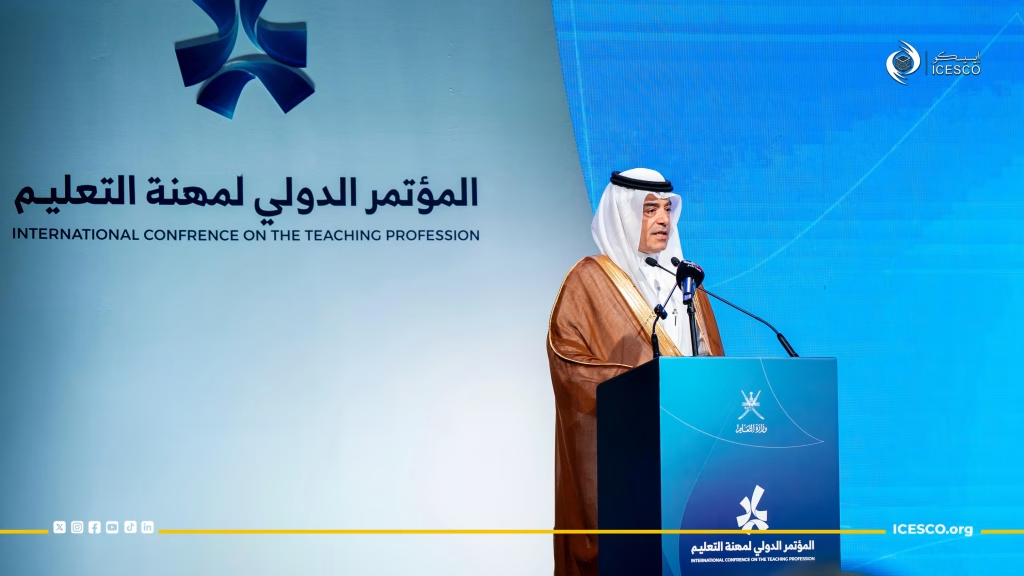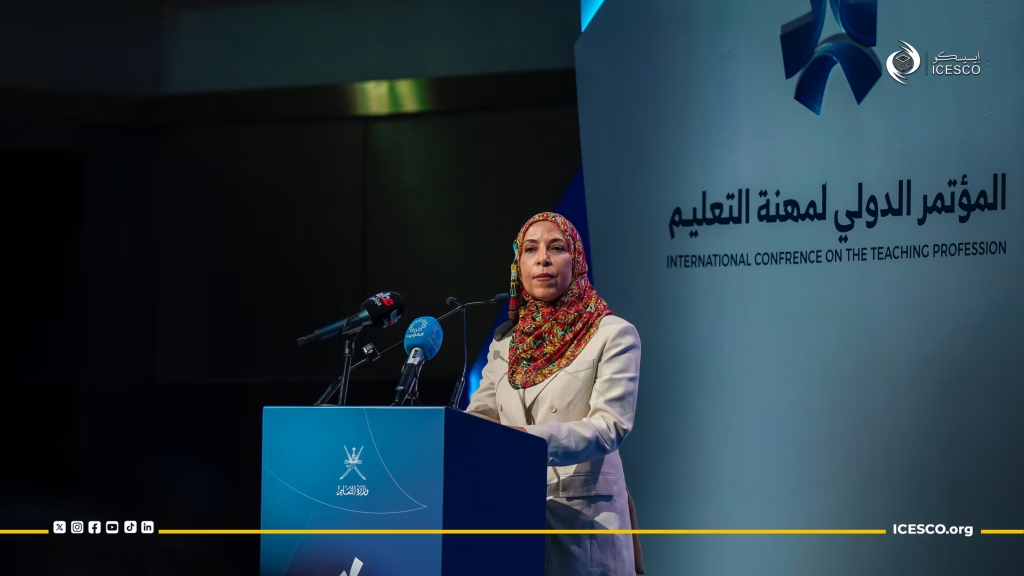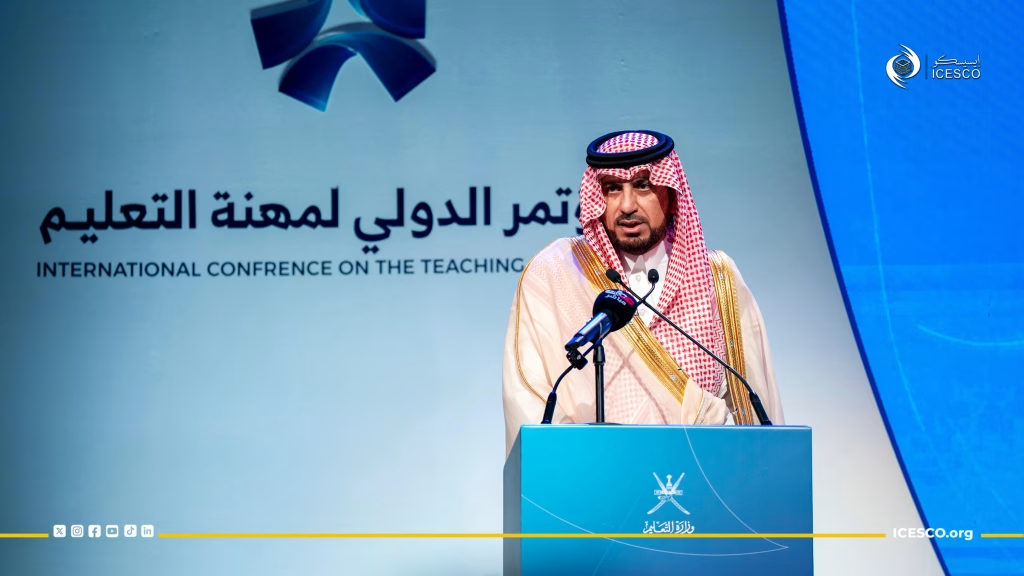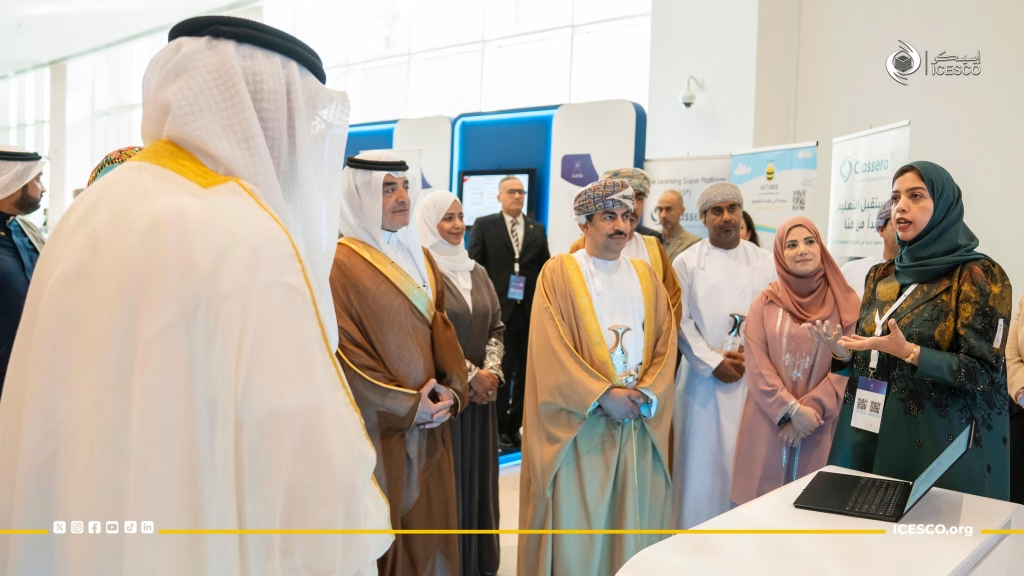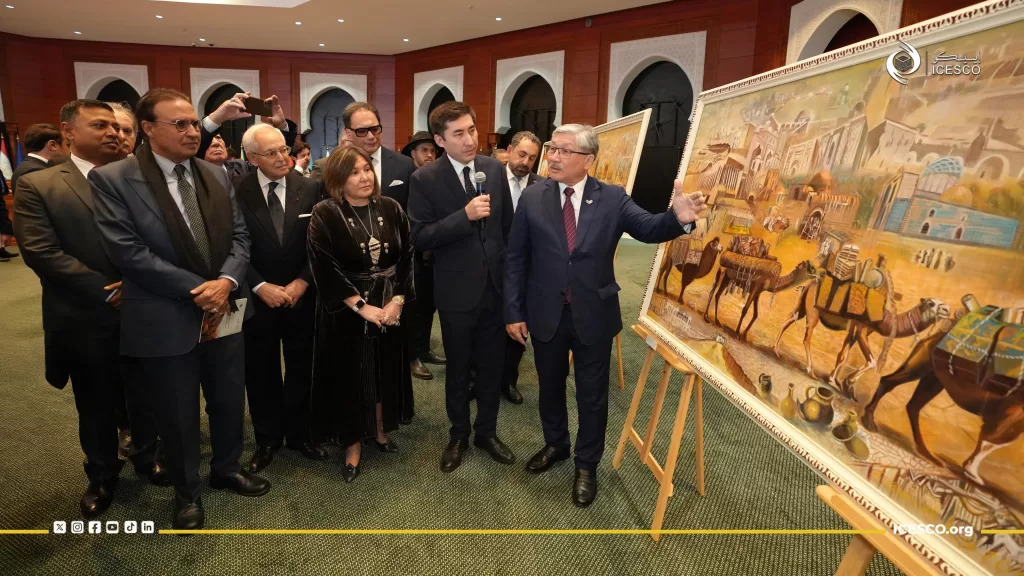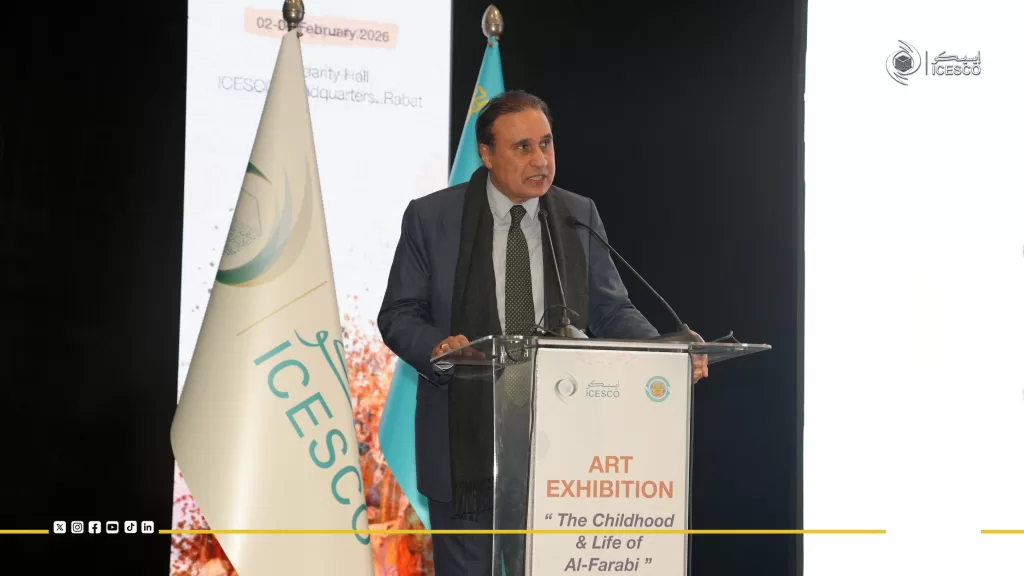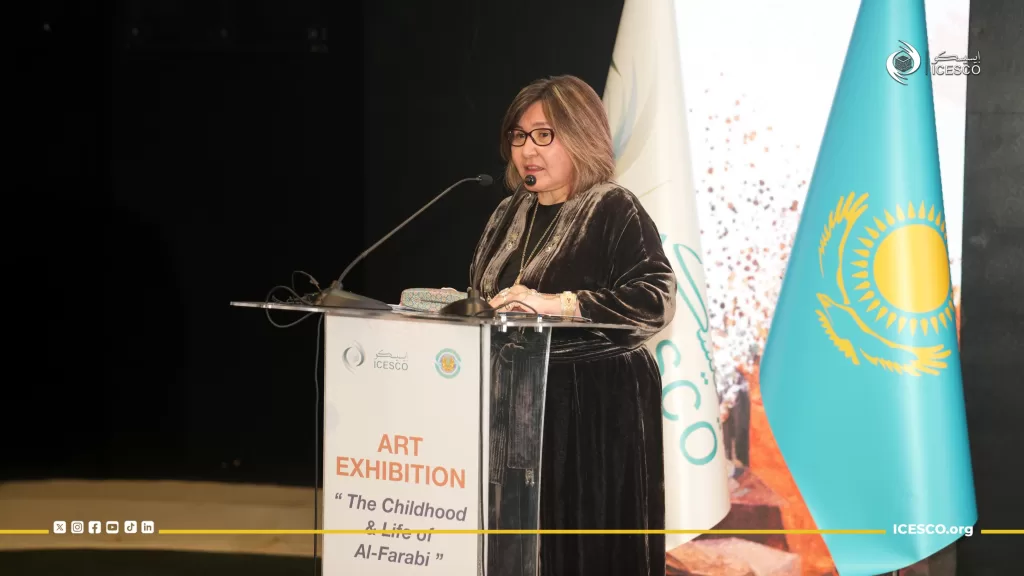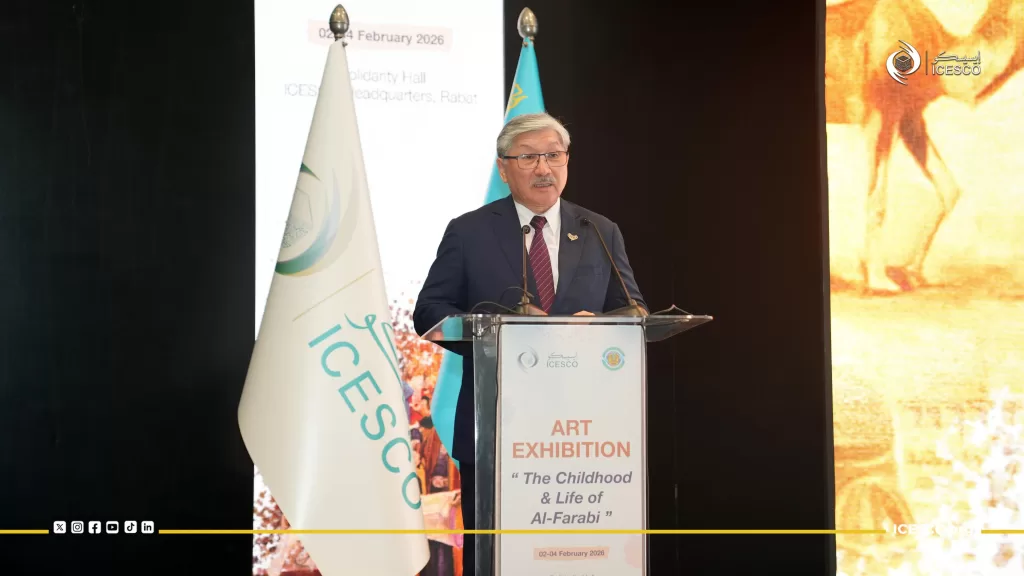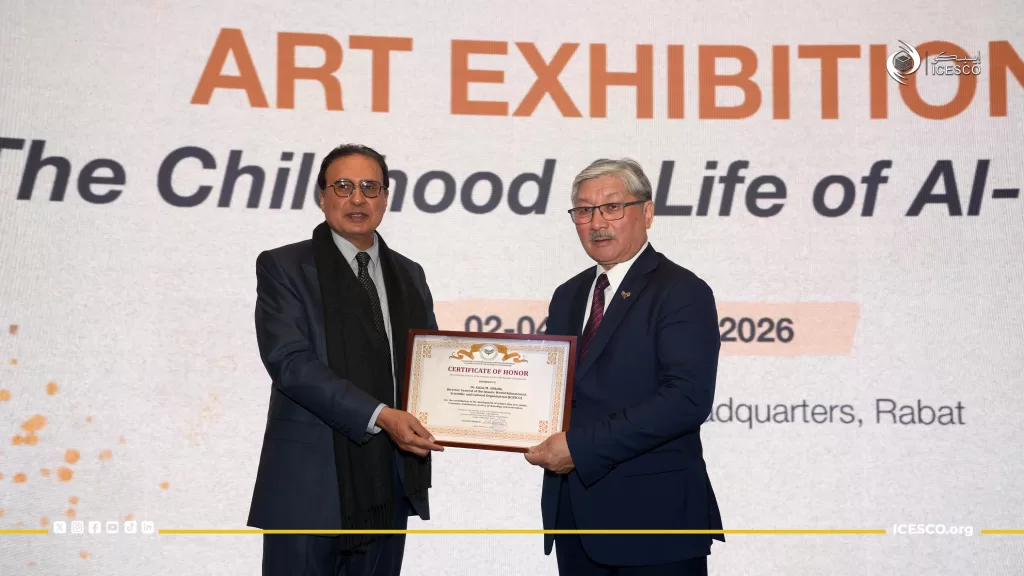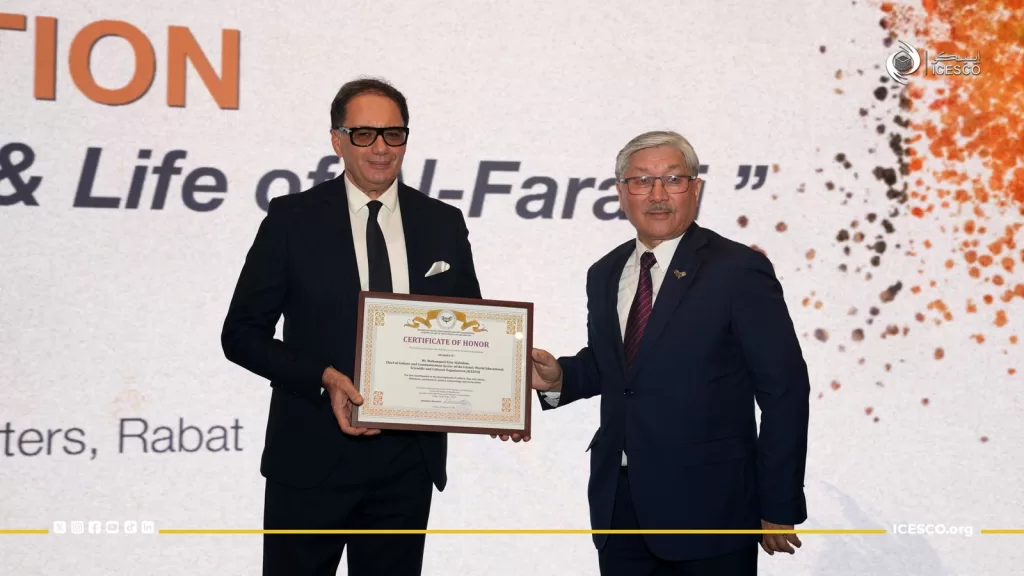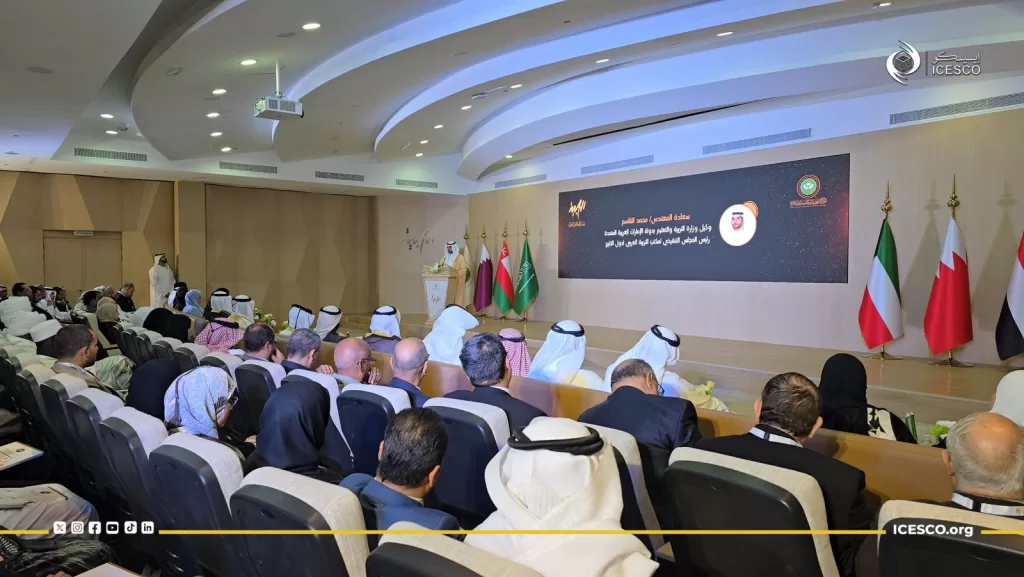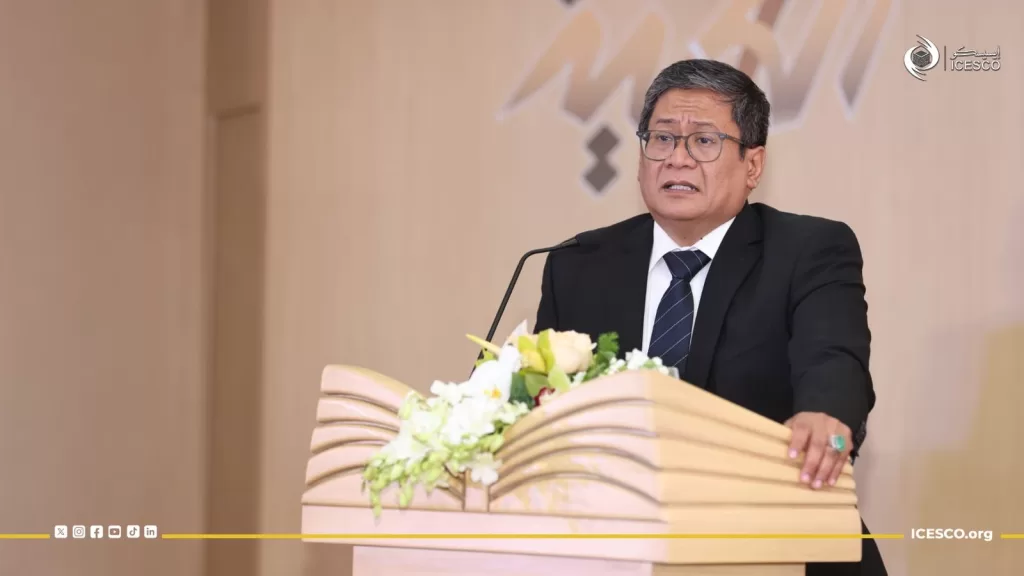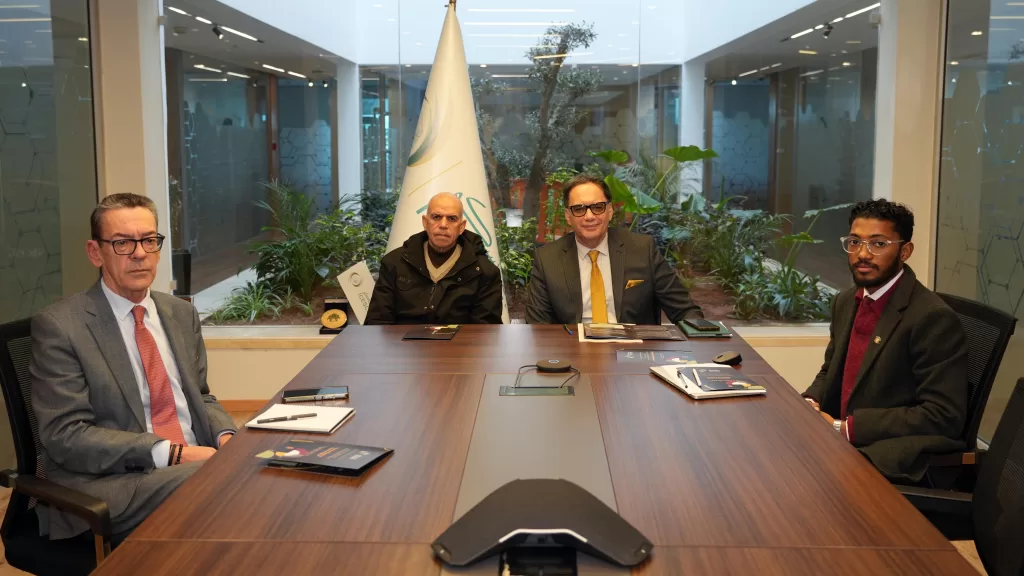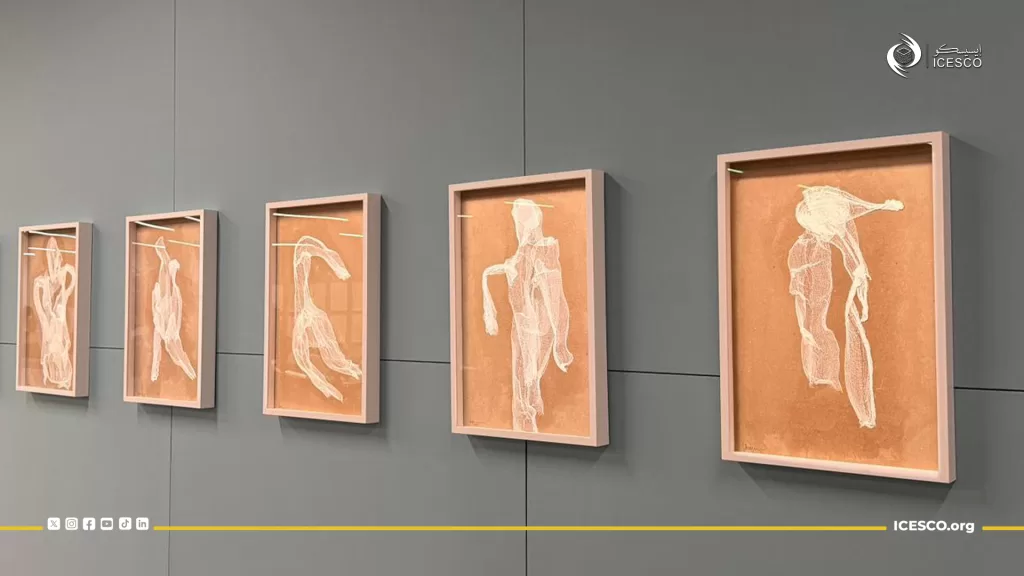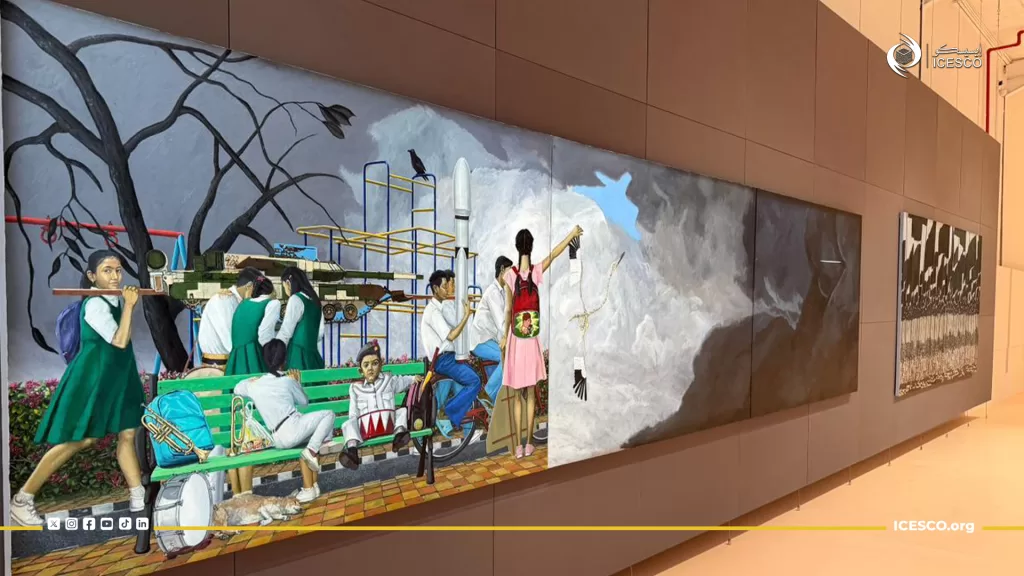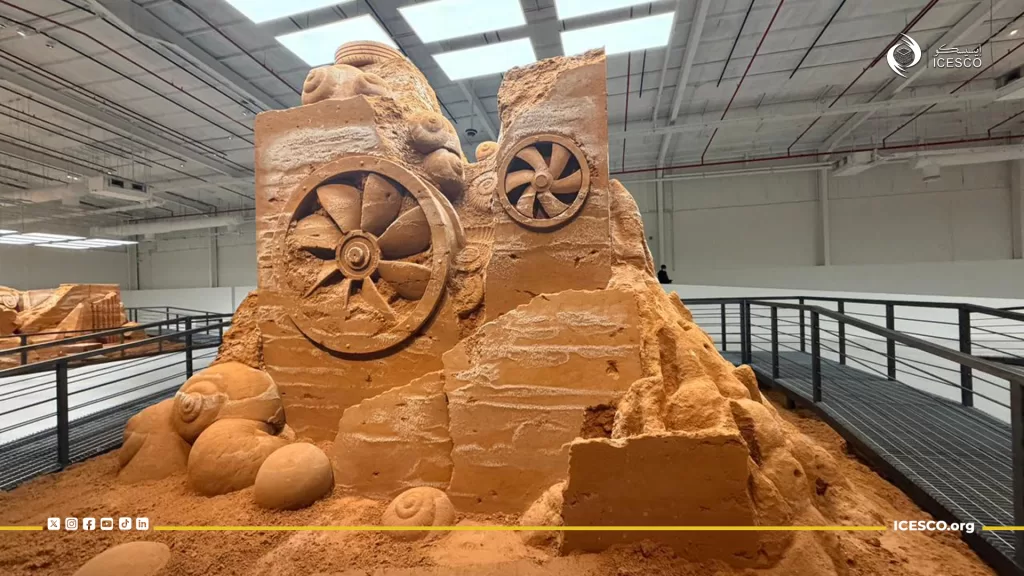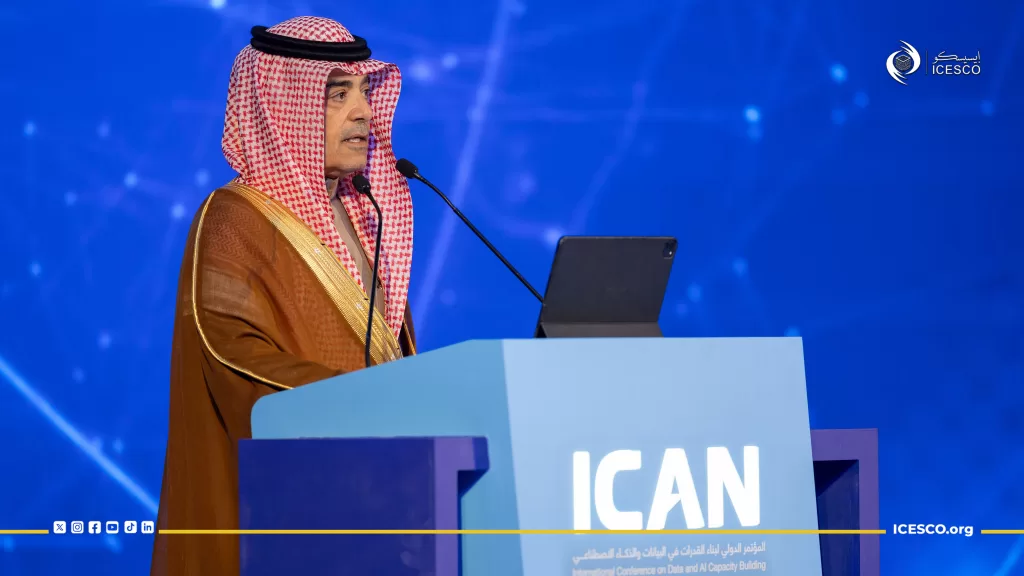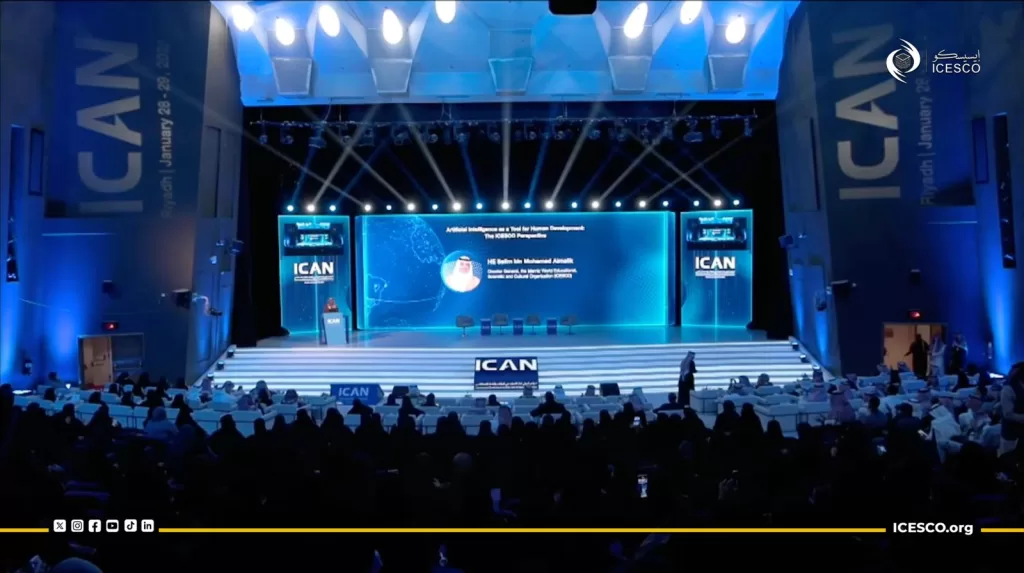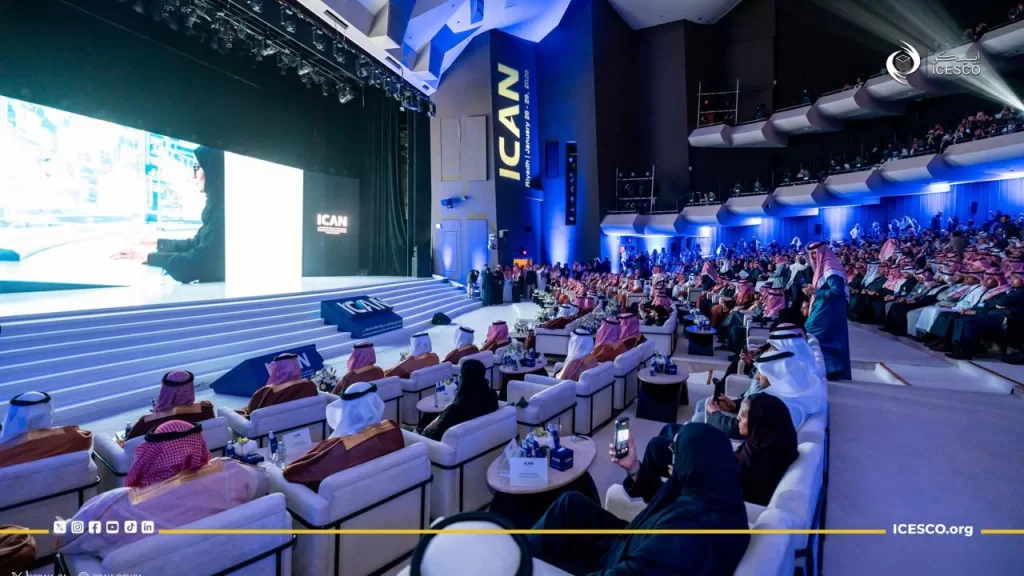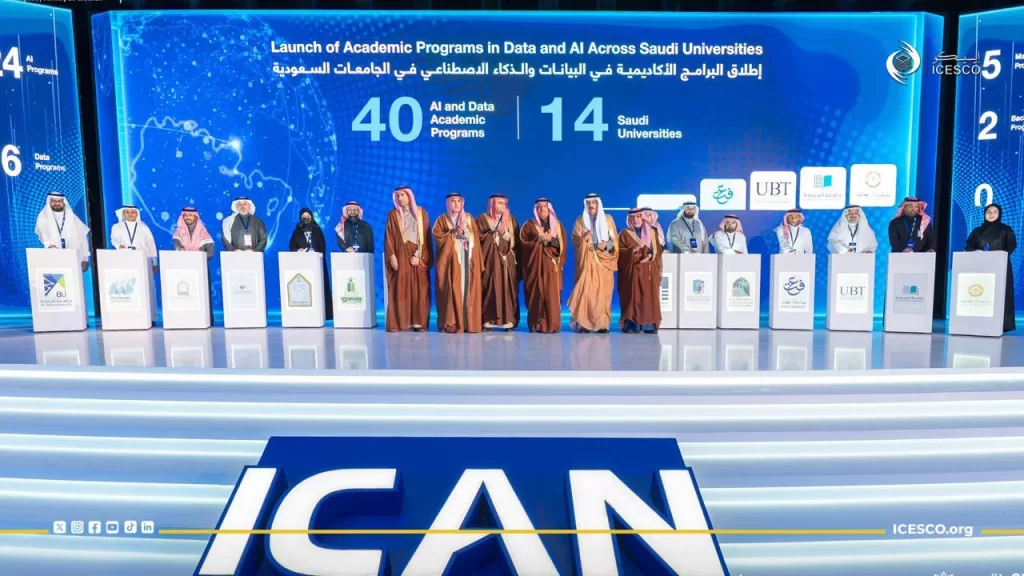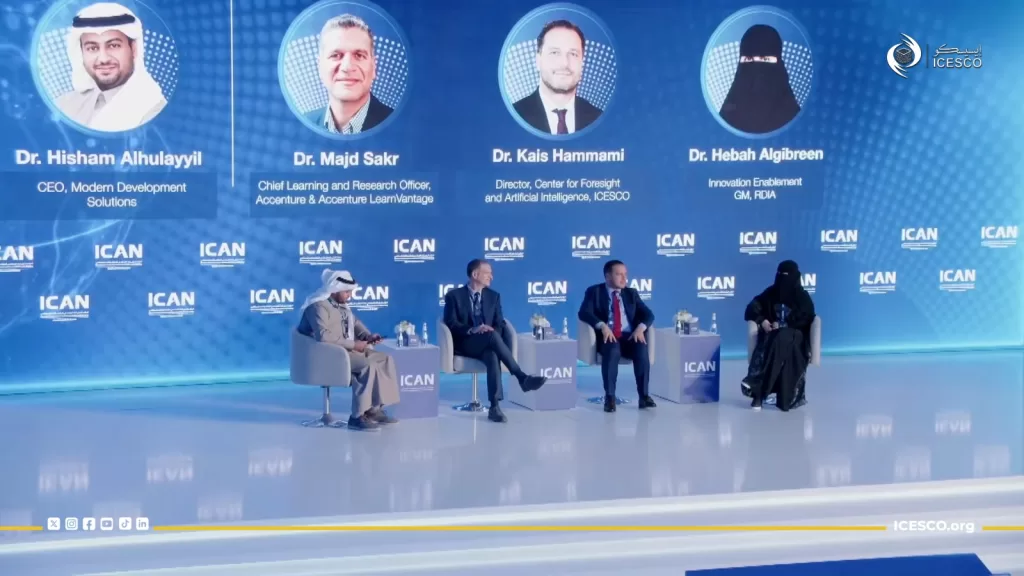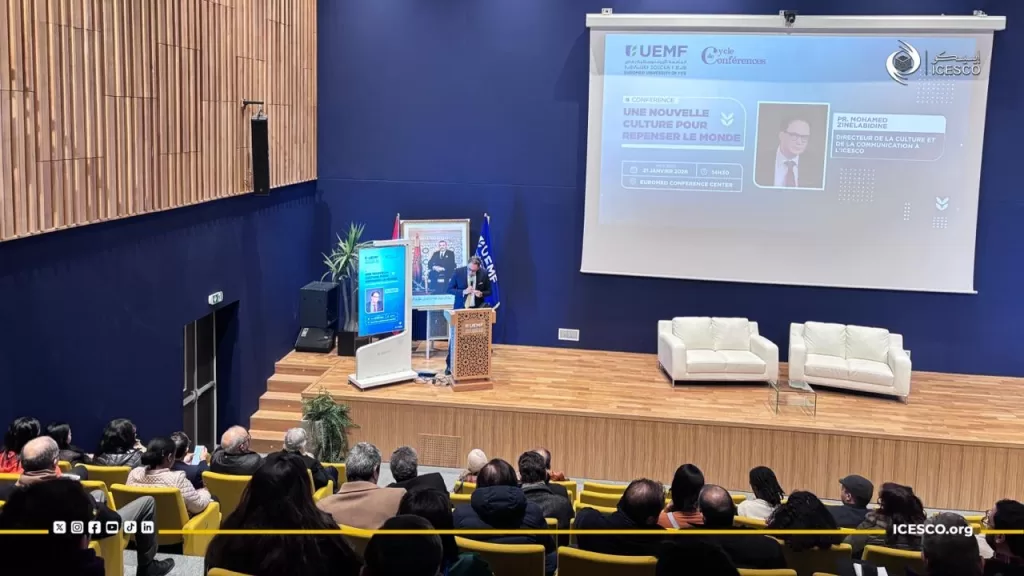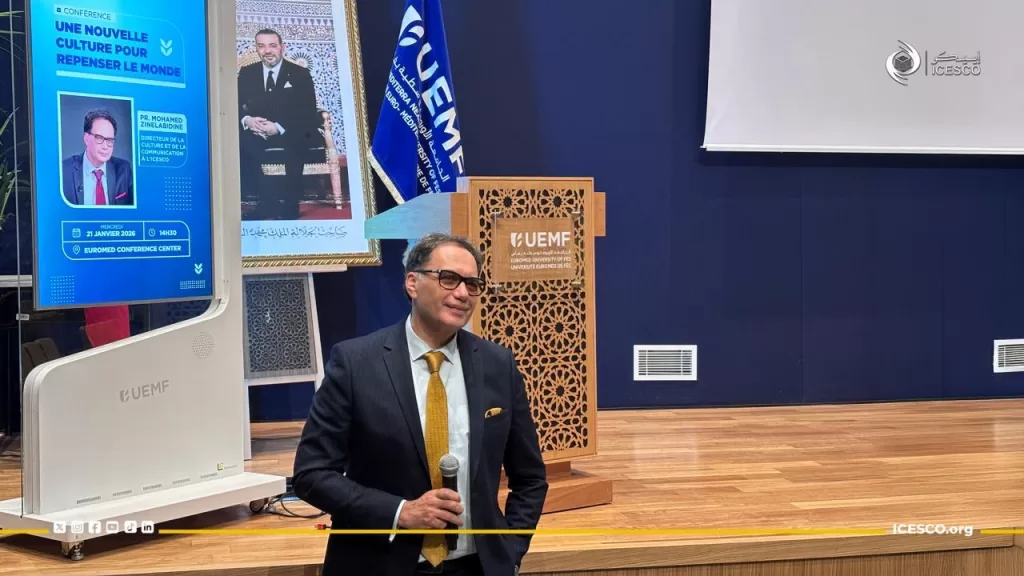Dr. Salim M. AlMalik, Director-General of the Islamic World Educational, Scientific and Cultural Organization (ICESCO), met with Sayyid Ibrahim bin Saeed Al Busaidi, Oman’s Minister of Heritage and Tourism, on Thursday, 5 February 2026, at the Ministry’s headquarters in Muscat. The meeting reviewed ways to strengthen cooperation in safeguarding tangible and intangible cultural heritage and implementing joint training programmes in this field.
At the outset, Dr. AlMalik presented ICESCO’s vision and strategic orientations, highlighting key programmes and initiatives implemented for the benefit of its Member States in the areas of preserving and promoting heritage as a repository of collective memory and a marker of civilizational identity. He noted that the Organization has successfully inscribed more than 724 sites and elements on the Islamic World Heritage List.
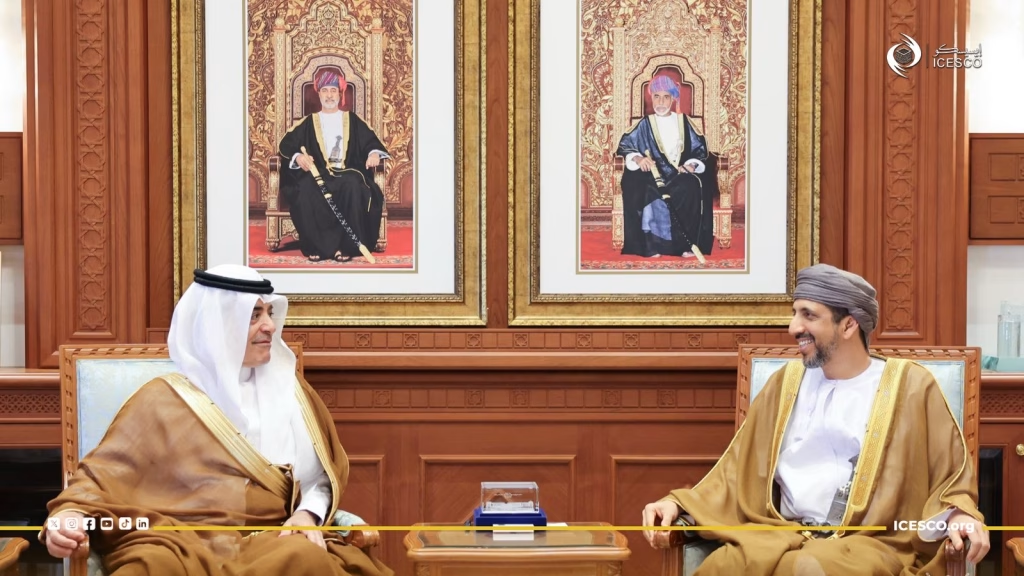
Dr. AlMalik emphasized that ICESCO is committed to employing advanced technological tools and enhancing the capacities of specialists working in the restoration and documentation of heritage across its Member States through pioneering programmes and initiatives. He stressed the importance of implementing bilateral training programmes in manuscript preservation and restoration, commending Oman’s institutional expertise in this domain.
The Director-General also highlighted Oman’s rich and diverse heritage, calling for the inscription of the greatest possible number of Omani heritage elements during the 13th Meeting of the Islamic World Heritage Committee, scheduled to be held from 9 to 13 February in Tashkent, Uzbekistan.
For his part, Sayyid Ibrahim bin Saeed Al Busaidi expressed his aspiration to strengthen cooperation between ICESCO and the Ministry in support of national efforts to safeguard and preserve Omani heritage.
The meeting was attended by Dr. Salim Al Habsi, Director of the General Secretariat of National Commissions and Conferences at ICESCO, along with several heads of sectors at the Ministry.
